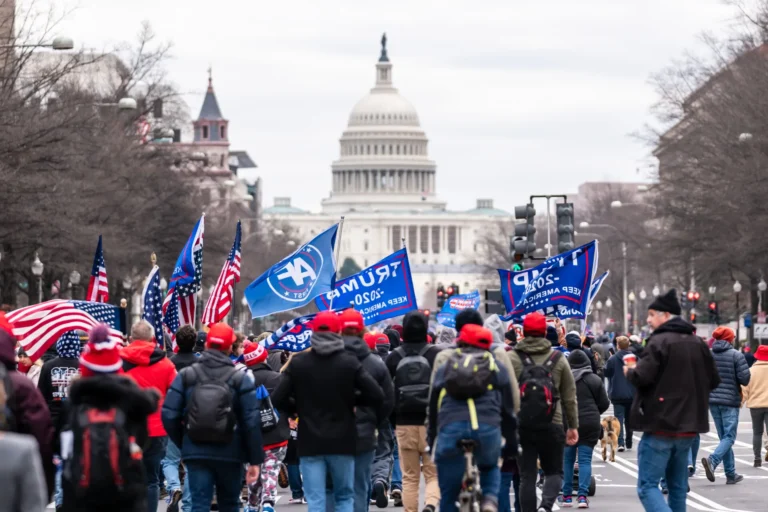By Cliff Montgomery – June 30th, 2020
The coronavirus pandemic has revealed the weakness and stupidity of the U.S. socio-economic system.
The astronomical cost of the U.S. health care system has proven to be especially dysfunctional.
Even when our out-of-touch politicians attempt to reign in those costs during a virulent pandemic, the U.S. health care system sometimes finds ways to demand astronomical fees for its essential services.
Trump signed into law two measures that are meant to ensure that patients with coronavirus-related charges will not have to pay for their tests or their treatment. He also is “letting hospitals bill the government directly for coronavirus testing and treatment for the uninsured, instead of charging patients,” according to Business Insider.
And Congress has earmarked “more than $100 billion . . . to help hospitals and insurance companies cover the costs of the COVID-19 pandemic,” states MarketWatch.
But loopholes in those new laws ensure that people seeking medical help for coronavirus -related issues may still find themselves stuck with huge bills they can’t possibly afford.
The reason for all this expensive dysfunction is obvious: The U.S. is the only economically advanced country in the world that still treats health care as a privilege of wealth rather than an immediate human right. It is, after all, the only advanced country without a national health insurance program covering all its citizens.
And that ugly fact has been a scandal for decades . . .
In 1977, President Carter signed the International Covenant on Economic, Social and Cultural Rights, but it was never ratified by the U.S. Senate. It covered many issues, including the right of every individual to necessary health care.
The Covenant’s failure in the self-proclaimed ‘Land of the Free’ is a civics lesson in how the U.S. elite really runs this country . . . and how interested that elite really is in recognizing your rights.
“The United States signed the Covenant in 1979 under the Carter administration but is not fully bound by it until it is ratified,” according to Amnesty International.
“For political reasons, the Carter administration did not push for the necessary review of the Covenant by the Senate,” continued Amnesty, “which must give its ‘advice and consent’ before the US can ratify a treaty.”
The Reagan and George H.W. Bush administrations took the view that economic, social, and cultural rights were not ‘really rights’ but merely desirable social goals,” Amnesty pointed out, “and therefore should not be the object of binding treaties.”
“The Clinton Administration did not deny the nature of these rights,” according to Amnesty, “but did not find it politically expedient to engage in a battle with Congress over the Covenant.”
“The George W. Bush administration followed in line with the view of the previous Bush administration,” added Amnesty.
The Obama Administration – which rode into the White House in 2008 on a steady promise of great social change – brusquely declared “The Administration does not seek action at this time” on the agreement.
The answer of the Trump Administration regarding the Covenant will be obvious to anyone who has paid attention to the president of the Electoral College over the last three years.
In 2013, the Optional Protocol to the International Covenant on Economic, Social and Cultural Rights entered into force. It’s a treaty meant to recognize every human being’s right to file a complaint at the U.N. if they feel their country’s government has failed to protect their basic social, economic and cultural rights.
Perhaps predictably, both the Obama and Trump Administrations refused to sign it.
In 1976, the International Covenant on Economic, Social and Cultural Rights came into force. It was eventually ratified by at least 170 countries. The Covenant declares that every person has a right to “the highest attainable standard of physical and mental health.” It adds that governments must work to ensure the “prevention, treatment and control of epidemic, endemic, occupational and other diseases.”
The United Nations Committee on Economic, Social and Cultural Rights is charged with monitoring states that have ratified the Covenant. The committee has stated that:
The right to health is closely related to and dependent upon the realization of other human rights, as contained in the International Bill of Rights, including the rights to food, housing, work, education, human dignity, life, non-discrimination, equality, the prohibition against torture, privacy, access to information, and the freedoms of association, assembly and movement. These and other rights and freedoms address integral components of the right to health.
And that right to health necessarily demands affordable care. In 2000, a general comment adopted by that oversight committee flatly declared that:
Health facilities, goods and services must be affordable for all. Payment for health-care services, as well as services related to the underlying determinants of health, has to be based on the principle of equity, ensuring that these services, whether privately or publicly provided, are affordable for all, including socially disadvantaged groups. Equity demands that poorer households should not be disproportionately burdened with health expenses as compared to richer households.
The International Covenant on Economic, Social and Cultural Rights is a wildly popular agreement. Of the 195 countries that currently make up our world, more than 87% have ratified it. The U.S. is one of only 25 nations in the world to not ratify the covenant – and one of only four to sign it, but never actually bother to commit itself to the Covenant and make it the law of the land.
And deep down, every American knows why the U.S. government refuses to ratify it. Our elites are aware that the way they do things here just wouldn’t pass muster.





